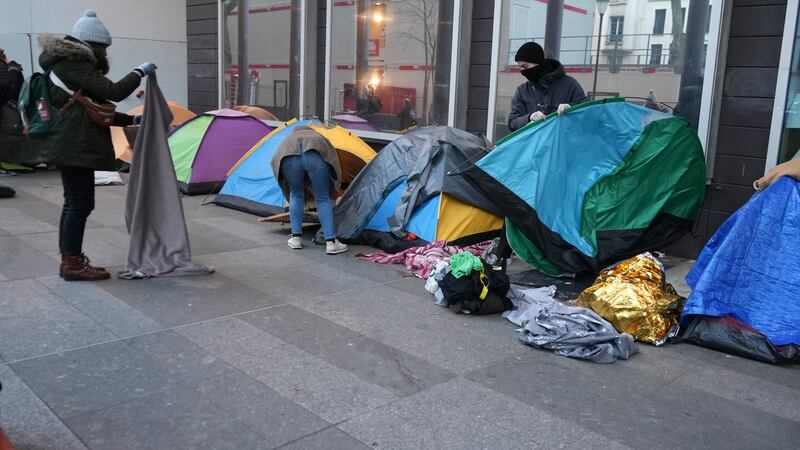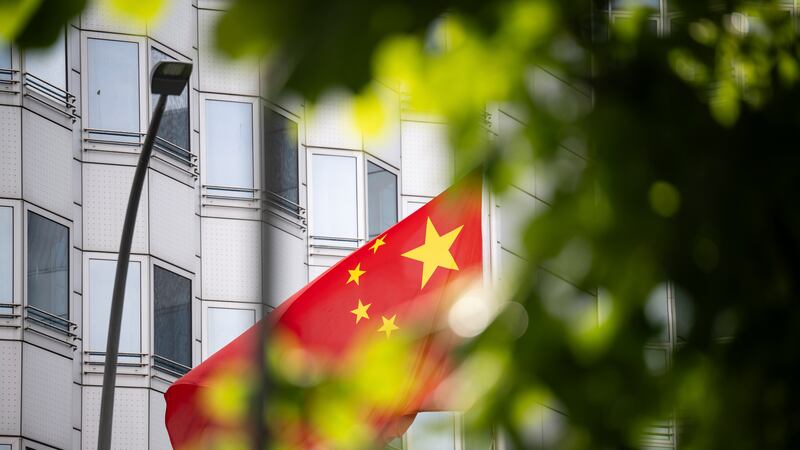A Thai court has sentenced fugitive former prime minister Yingluck Shinawatra, whose government was ousted in a 2014 military coup, to five years in prison.
Yingluck was sentenced in absentia for alleged negligence in a money-losing rice subsidy programme but insists the charges are politically motivated.
She is believed to have fled the country last month before the original date of the verdict and her lawyers said on Wednesday they have no idea where she is.
Yingluck's conviction had been widely expected, as the military remains firmly in charge and the courts have a record of antipathy toward her politically influential family.
Thailand's military government has doggedly pursued Yingluck in court.
In an earlier, separate administrative ruling that froze her bank accounts, she was held responsible for about one billion of the up to 17 billion US dollars in alleged losses resulting from the rice subsidy programme, an astounding personal penalty that prosecutors argued she deserved because she ignored warnings of corruption but continued the programme anyway.
Yingluck and her supporters say she is innocent and was prosecuted as part of an effort to dismantle the political machine of her brother, former prime minister Thaksin Shinawatra, a telecommunications tycoon.
Mr Thaksin was toppled from power by a 2006 military coup after being accused of abuse of power, corruption and disrespect for the monarchy.
He is living in self-imposed exile to avoid serving a prison term from a 2008 conviction on a conflict of interest charge.
Yingluck, who inherited the leadership of Mr Thaksin's political machine and was elected prime minister in 2011, became a proxy target for his enemies as well.
Despite her absence on Wednesday, scores of supporters turned up at court but were outnumbered by police.
"We can only accept the court's decision," said Pattana Meethai, 63, one of the supporters.
"I'm not surprised. I'm quite used to the courts ruling in this fashion."
The rice subsidy scheme was a flagship policy that helped Yingluck's Pheu Thai Party win the 2011 general election.
The government paid farmers about 50% above what they would have received on the world market, with the intention of driving up prices by warehousing the grain.
Instead, other rice-producing countries captured the market by selling at competitive prices.
As a result, Vietnam and then India replaced Thailand as the world's leading rice exporter, and large amounts of rice sat unsold in government warehouses.
Prosecutors argued that Yingluck was guilty of dereliction of duty.
Her critics describe the overriding motive of the rice subsidy programme as political, an effort to buy the loyalty of rural voters with state funds.
A co-defendant, her commerce minister, received a 42-year prison sentence for concocting a false government-to-government rice sale, which was one of the allegations cited by the court in its verdict against Yingluck.
There is speculation that the junta may have allowed Yingluck to flee as jailing her could make her a martyr although the regime denies this.


